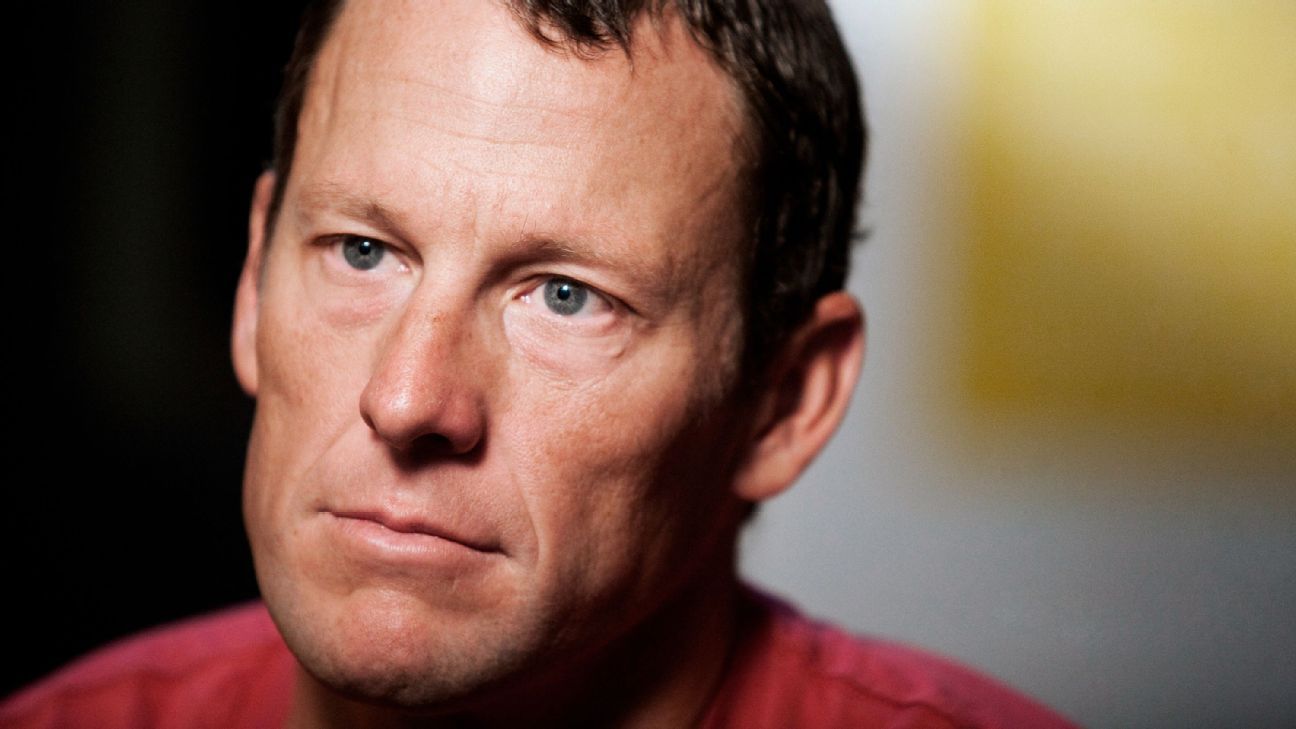These are desperate, fractured times. Tiger Woods thrillingly wins the Masters, but he is complicated: the racial confusion, the sex addiction, the Presidential Medal of Freedom? Clemson coach Dabo Swinney, a rival worthy of Nick Saban, makes millions from unpaid labor and says he would quit his job if players were ever paid. Americans channel-surf for customized versions of the “truth.” Shelves in bookstores across America are stacked with polemics lamenting a decline of shared values; Michiko Kakutani, the Pulitzer Prize-winning former New York Times critic, titled her latest book The Death of Truth. The center, if ever there was one, no longer holds.
An old, discredited name has recently pushed us ever closer to the brink. Lance Armstrong is the most despicable of creatures, an athlete who preyed on a public that needed inspiration. He was every bit the performance-enhancing drug user his critics accused him of being. And while he was cheating, he was selling himself in the form of a cancer survivor who beat the odds and stood as an example of hope for those facing death.
He used people struggling, people at their lowest, as his most impenetrable shield, for anyone critical of him was indirectly undermining them and their hope. They, the people, would come to his defense, and Armstrong, knowingly guilty, would let them. He sued critics and newspapers and magazines for libel and defamation when he knew he was lying. He sued and intimidated friends and teammates unwilling to continue the deception. He used his money to destroy reputations. He used his position to further destabilize a free press that already had few friends.
When-finally and fatally cornered, all out of lies and alibis-Armstrong admitted he was dirty all along, his fall was not a moment to rejoice. But at least one could hold the smallest expectation that his chapter was closed and he would take his money and the tatters of his reputation and mercifully leave the public eye. Nike’s Livestrong brand that was once his and made the company billions severed ties with him. He had done enough.
Now he is back. Of course he is. In a time of kleptocracy and commerce, when disgrace is commodified and lauded as smart business, and when enough is never enough, Armstrong’s return was inevitable. For the celebrity class, rehabilitation as commodity is always an option, even when the disgraced is completely unrepentant. The 30-minute special in May that NBCSN aired on Armstrong was the latest celebrity insult. If there was some national clamor to resurrect Armstrong, I clearly missed it, yet he was allowed a national platform to rub his lies in the public’s face again. He was vile in his cravenness, embodying the times, enabled to be proud of his lack of integrity, his utter unprofessionalism. “We did what we had to do to win,” Armstrong said. “It wasn’t legal, but I wouldn’t change a thing-whether it’s losing a bunch of money or going from hero to zero.”
As another example of surrender, people in the wake of the interview suggested to me that there is something benign about Armstrong and his deceit, because his deceptions occurred while he was inspiring millions, thus producing a “net benefit” of sorts. A similar line of thought exists when sports teams willfully defraud the public by taking payments from the armed forces to embed the military into sporting events not for the sake of patriotism but for money. Instead of being insulted, many defended the odious practice along the lines of “It was deceit, sure, but it was deceit for the right reasons.”
There is a common thread to this thinking, not only in the public’s unwillingness to demand accountability from its public figures but also in the expectation that cheating is an acceptable practice, now even for good works. But what, exactly, is the value of a good work if it requires deceiving the public? Even worse than this notion is the acceptance that the people who are hurt-the reputations ruined, the money spent protecting oneself against people like Armstrong-are merely sacrifices that don’t deserve the public’s attention or support. They don’t matter.
The celebrity class has won, fame allowing them an unearned forgiveness, and too bad for the poor sucker who is right but doesn’t have the money for a team of lawyers. Armstrong doesn’t even have to fake contrition anymore. It wasn’t legal, but I wouldn’t change a thing. In 2019 America, it’s the liar who gets the TV show.
